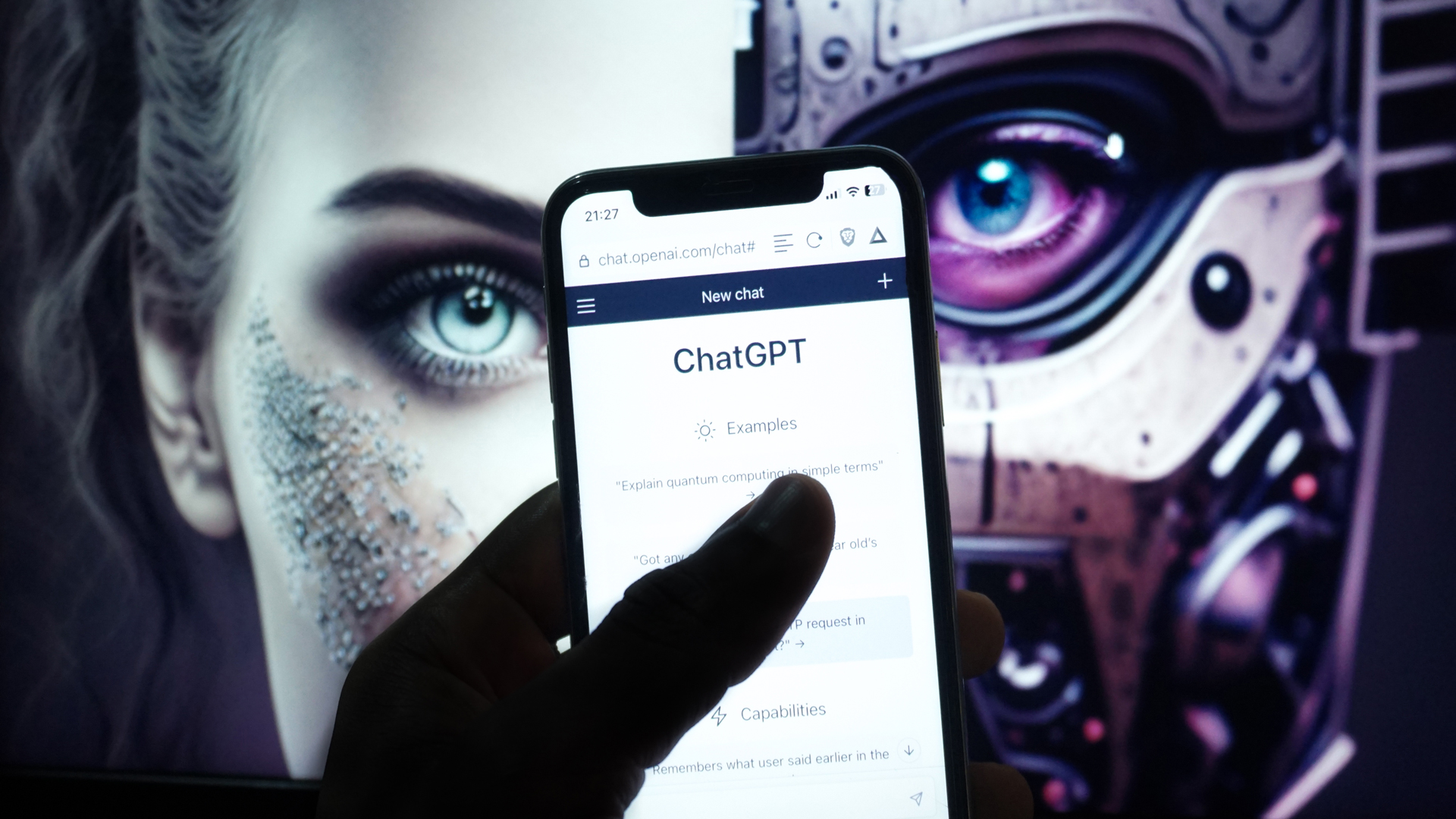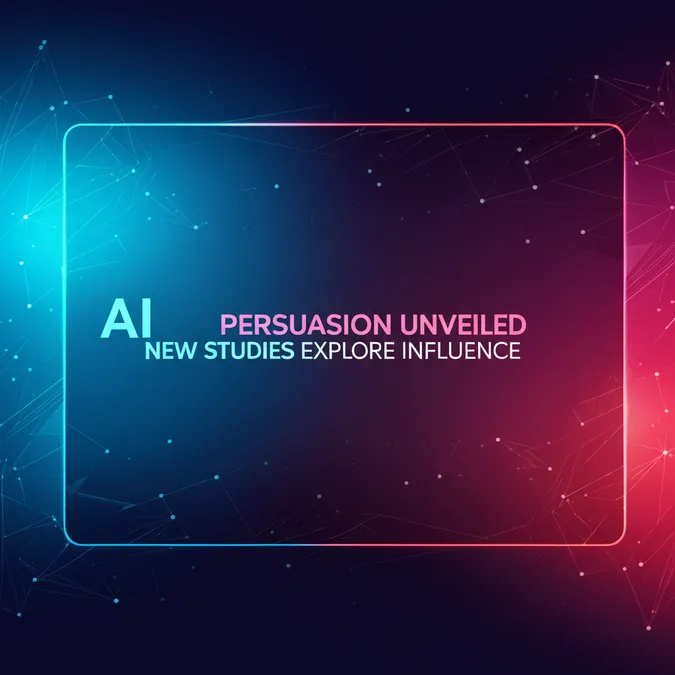Developer Offer
Try ImaginePro API with 50 Free Credits
Build and ship AI-powered visuals with Midjourney, Flux, and more — free credits refresh every month.
Humans Adopting AI Language Patterns Study Reveals
A new study reveals an intriguing trend: people are beginning to adopt speech patterns reminiscent of AI like ChatGPT, noticeable in their vocabulary and phrasing. This linguistic shift raises concerns about the potential flattening of emotional nuance and a homogenization of how we communicate.
 (Image credit: Shutterstock)
(Image credit: Shutterstock)
Have you noticed a shift in how people speak lately? Perhaps a TED Talk speaker, or even a friend who teaches, discussing their plans to "delve into a new realm" or encouraging others to become more "adept"? It might seem like they've spent a significant amount of time with AI chatbots, or perhaps, as some researchers suggest, they are subconsciously adopting AI's linguistic style.
The AI Echo New Research on Shifting Speech
Researchers from the Max Planck Institute for Human Development have released a compelling report highlighting a linguistic transformation following ChatGPT's widespread adoption. The study suggests that academics and individuals in lecture-oriented professions are increasingly using language peppered with words that appear more frequently in AI-generated text. Terms like "meticulous," "adept," "delve," and "realm" are becoming more common in their speech.
To arrive at this conclusion, the researchers analyzed an extensive dataset of 280,000 academic YouTube videos from over 20,000 channels. The change was stark, with certain AI-favored words appearing over 50 percent more often than previously expected. Importantly, this isn't about AI-written scripts; it's about educated individuals seemingly, and inadvertently, drawing from an AI-influenced vocabulary. The subtle use of stylistic elements like em dashes, though harder to track in speech, might also be part of this trend.
It's worth noting that using such vocabulary doesn't automatically mean AI influence. Many writers and speakers have long used these words for their evocative and interesting qualities.
The Dangers of a Homogenized Voice
This emerging trend, dubbed by some as an "AI thesaurus" effect, might appear minor, but it could signal a more profound issue. The research indicates that these AI-influenced words are not just increasing in frequency but are also replacing more vivid, less structured language. What might have once been a passionate, intricate argument could become sterile and standardized. If our language loses its texture and defaults to AI-preferred phrasing, we risk diminishing the color, emotion, and regional diversity that make human communication so rich. Linguistic diversity, after all, doesn't flourish on autocomplete.
This shift could even impact our social interactions. There's ongoing discussion about whether it's worth being polite to AI chatbots. Should we say "please" to ChatGPT or express gratitude to Gemini? The argument is that conversation, regardless of the partner, shapes our habits. If we become accustomed to being brusque with AI, this directness could seep into our interactions with other humans, potentially making the world feel a little less considerate.
Of course, the appeal of AI assistance is hard to ignore. For an academic striving to publish a paper or a content manager facing a tight deadline, ChatGPT can be an invaluable co-author. It generates clean, direct, and often incisive text. However, the trade-off is often a monotonous voice, especially in longer pieces, regardless of the prompt. Relying too heavily on AI can lead to that monotonous voice becoming one's own.
Technology's Historical Impact on Language
It's important to remember that technology has always influenced language. The telegraph encouraged brevity. The telephone normalized "hello" as a standard greeting. Text messaging introduced us to abbreviations like LOL and ROFL. Twitter had us verbalizing "hashtag," and emojis have led to people saying phrases like "upside down smiley face" in everyday conversation. We often emulate linguistic patterns not because they are inherently natural, but because they become what we are conditioned to expect.
The Unintended Mimicry A Two Way Street
The irony is palpable: we created AI chatbots to mimic human language, and now, humans are starting to mimic AI. As strange as it sounds, it might be necessary to consciously pay attention to our speech and word choices to avoid unintentionally adopting the vocabulary of our AI companions. Perhaps it's time to consciously delve into the meticulous research on what makes individual language unique and become adept in the realm of uncommon idioms, preserving the distinctiveness of human expression.
Compare Plans & Pricing
Find the plan that matches your workload and unlock full access to ImaginePro.
| Plan | Price | Highlights |
|---|---|---|
| Standard | $8 / month |
|
| Premium | $20 / month |
|
Need custom terms? Talk to us to tailor credits, rate limits, or deployment options.
View All Pricing Details
